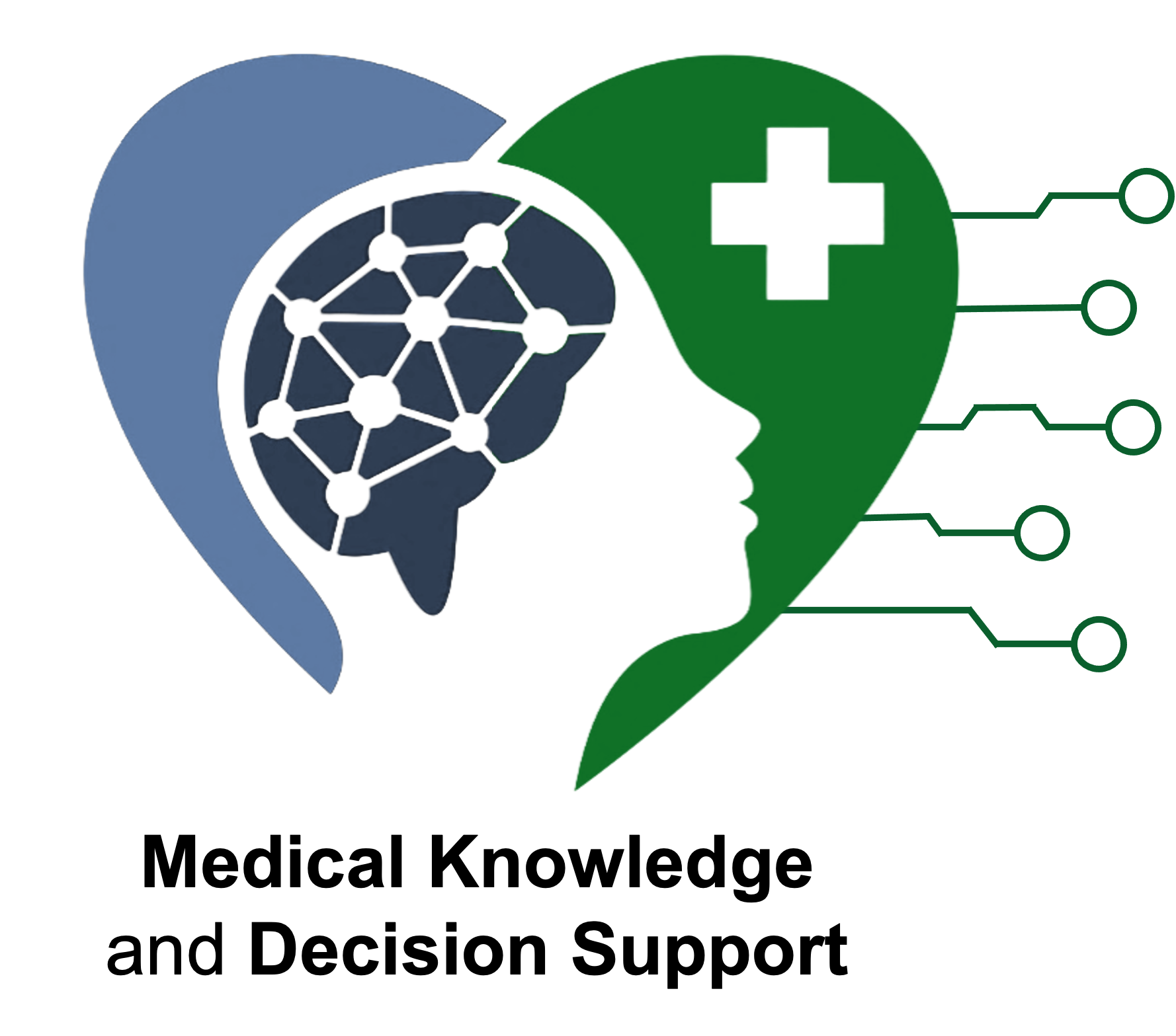Our recent Qualitative Systematic Review on the Experience of Health Care Professionals using Digital Tools in Hospitals has been published at JMIR Hhuman Factors.
In an era of digital transformation in healthcare, we are aiming to explore the impact of digital tools in hospital settings, with a particular focus on the experiences of healthcare professionals. The results reveal a complex interplay between the use of digital tools, their experiences, and the outcomes.
Here are some of the key takeaways:
Positive Experiences: Healthcare professionals using digital tools reported feeling confident, responsible, and satisfied. These tools empower them to provide better patient care and streamline workflows, contributing to overall job satisfaction.
Negative Experiences: On the flip side, clinicians occasionally felt frustrated, overwhelmed, and even frightened when dealing with digital tools. Identifying these pain points is essential for improving technology implementation.
Moderators: Factors like sufficient training and seamless workflow integration positively influenced the use of digital tools, while unfavorable social structures and inadequate training acted as negative moderators, which are vital for optimizing the user experience.
Outcomes: The use of digital tools was associated with positive outcomes such as improved patient care and increased workflow efficiency. However, negative outcomes included increased workload, safety risks, and concerns about information quality.
Future Directions: Tailoring interventions to address clinicians’ digital experiences can lead to a more positive and productive work environment.
To catch up on this, we have recently concluded an extensive and comprehensive research study, examining the work with digital tools of more than 50 healthcare professionals across Switzerland and are preparing to share our findings soon!

